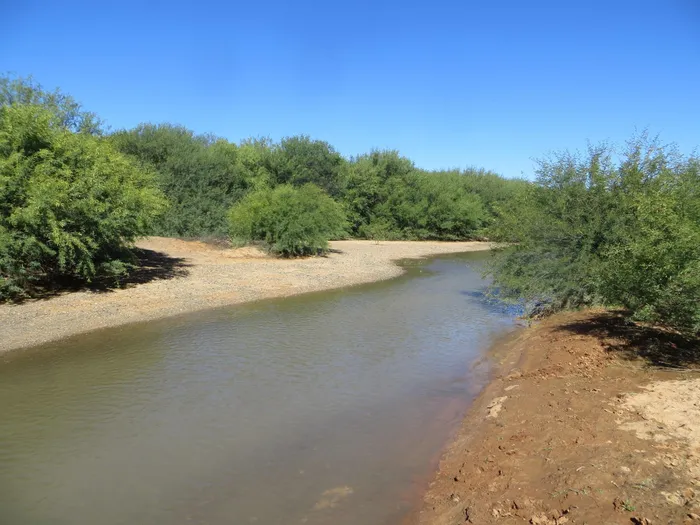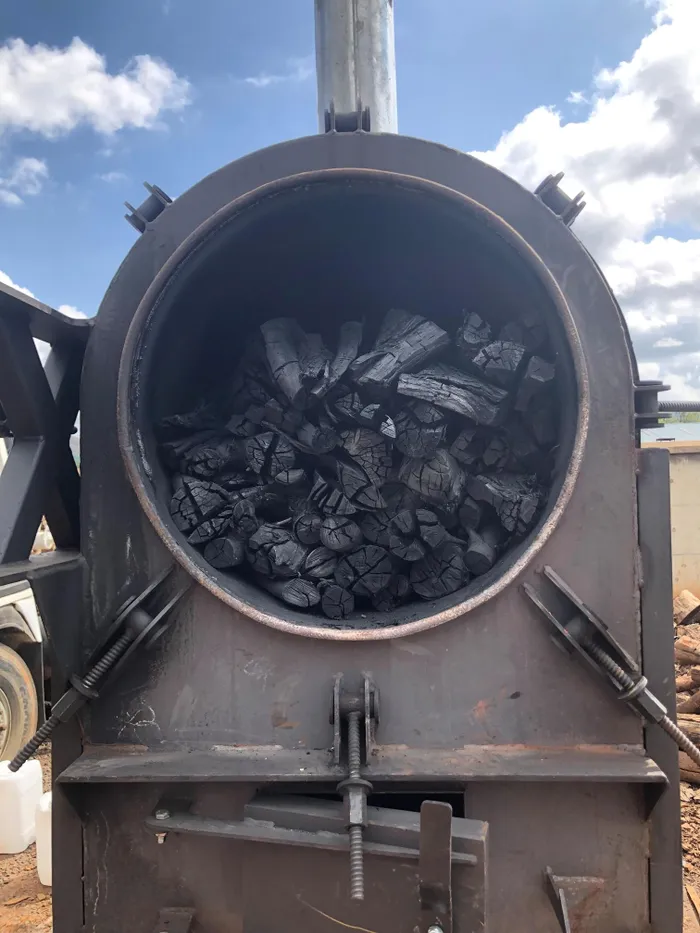Project aims to restore grazing land in Northern Cape

Prosopis in the Northern Cape.
Image: Supplied / Kickstart Capital
THE ARID Hantam region of the Northern Cape could be set for a major transformation, with a new initiative by Kickstart Capital subsidiary, Terraligna, aiming to restore degraded grazing lands and replenish groundwater by tackling the invasive Prosopis trees (mesquite) that have overrun vast tracts of farmland.
Woody plant encroachment has become a major problem in South Africa, affecting an estimated 7.3 million hectares of land. Invasive Prosopis trees form part of this wider environmental threat. Research shows they consume significantly more water than native vegetation — in some cases up to five times more — depleting groundwater and restricting access to water. They also form dense, thorny thickets that displace indigenous species, reduce grazing capacity, and diminish biodiversity.
Terraligna’s project involves clearing 23,000 hectares of Prosopis, with the first phase — set to launch in late 2025 — targeting 3,000 hectares. This initial effort is expected to produce around 10,000 tonnes of biochar, a carbon-rich, soil-enhancing substance created through pyrolysis.
This initiative is expected to:
- Create at least 100 jobs in the first phase
- Restore grazing lands and replenish groundwater
- Provide income for farmers from harvested wood and reclaimed grazing land
- Offer training and employment opportunities
How it Works
Terraligna is partnering with its sister company, Terravusa, which supplies patented tree-killing hormones that selectively eliminate Prosopis without harming surrounding flora or fauna. Once treated, the trees are harvested for biochar within 18 months.
According to the company, independent laboratory tests confirm that Terraligna's biochar retains no harmful residues from the tree treatment. The biochar will be distributed to local farming projects, and AgricultSURE will provide training and support to empower small-scale farmers and communities if needed.
This project aligns with South Africa's commitment to clearing over one million hectares of invasive species and 633,000 hectares of encroached land by 2030 to meet global Land Degradation Neutrality targets.
Terraligna says its initiative to tackle Prosopis could help achieve these goals while benefiting both the environment and rural livelihoods.

The final Biochar product in the oven.
Image: Supplied / Kickstart Capital
Related Topics: